The Palestinian women battling to preserve their culture amid deadly attacks in West Bank
‘Humans, animals, trees, stones: everything is a target in Palestine,’ Palestinian women tell Maryam Zakir-Hussain
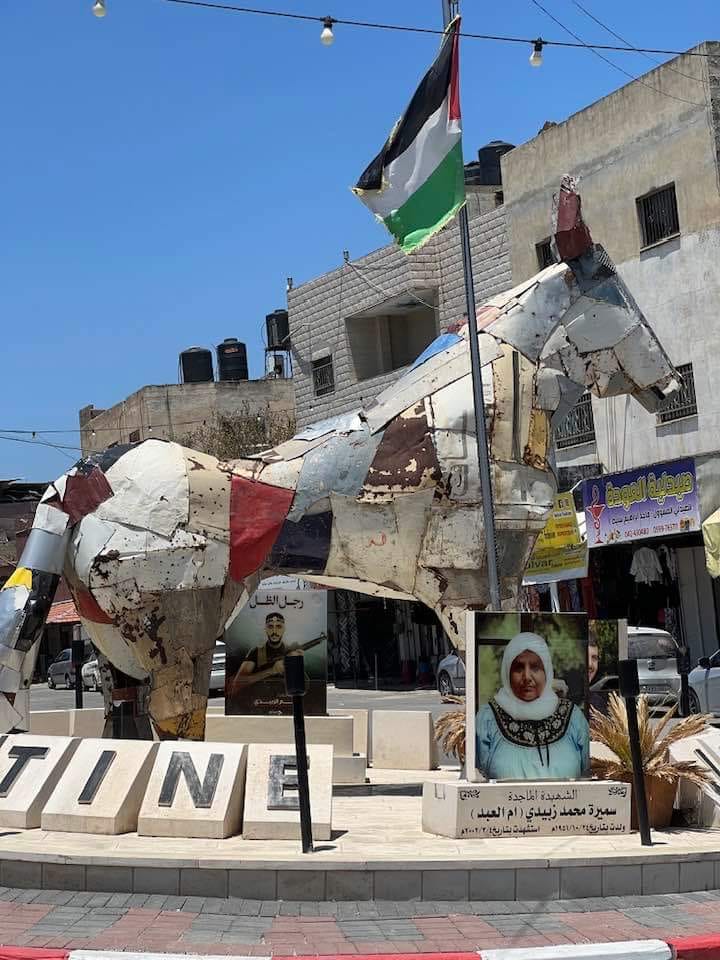
Your support helps us to tell the story
From reproductive rights to climate change to Big Tech, The Independent is on the ground when the story is developing. Whether it's investigating the financials of Elon Musk's pro-Trump PAC or producing our latest documentary, 'The A Word', which shines a light on the American women fighting for reproductive rights, we know how important it is to parse out the facts from the messaging.
At such a critical moment in US history, we need reporters on the ground. Your donation allows us to keep sending journalists to speak to both sides of the story.
The Independent is trusted by Americans across the entire political spectrum. And unlike many other quality news outlets, we choose not to lock Americans out of our reporting and analysis with paywalls. We believe quality journalism should be available to everyone, paid for by those who can afford it.
Your support makes all the difference.Hana searches for a funny video on YouTube. Anything will do, as long as it does not mention Palestine.
The single mother, who did not want to give her real name out of safety fears, must clear multiple Israeli checkpoints on her morning commute. Before the deadly Hamas attacks on 7 October, they only checked her ID. Now it’s her phone.
As the temporary ceasefire came to an end last week, deadly attacks rained down on the remaining infrastructure and civilians in the besieged Gaza Strip.
With little global attention on the West Bank, the Palestinian territories have been under constant bombardment, from Israeli settlers to soldiers and air strikes.
Hana is an artisan for Darzah, a non-profit organisation that preserves the traditional art form of tatreez, an embroidery style passed down through centuries of women.
On her daily journey from Zababdeh to drop and collect fabric and stitches from her fellow artisans in surrounding villages in the West Bank, she witnesses people being beaten, arrested and left bleeding by Israeli soldiers at checkpoints.
“There is always a presence of soldiers on my journeys,” she told The Independent. “The soldiers ask us to leave the car and then they tell us to show them our phones. They check our Telegram and social media and what we have posted.
“If they see any news on your phone about what is happening in Gaza or Jenin or Nablus, they interrogate you.”
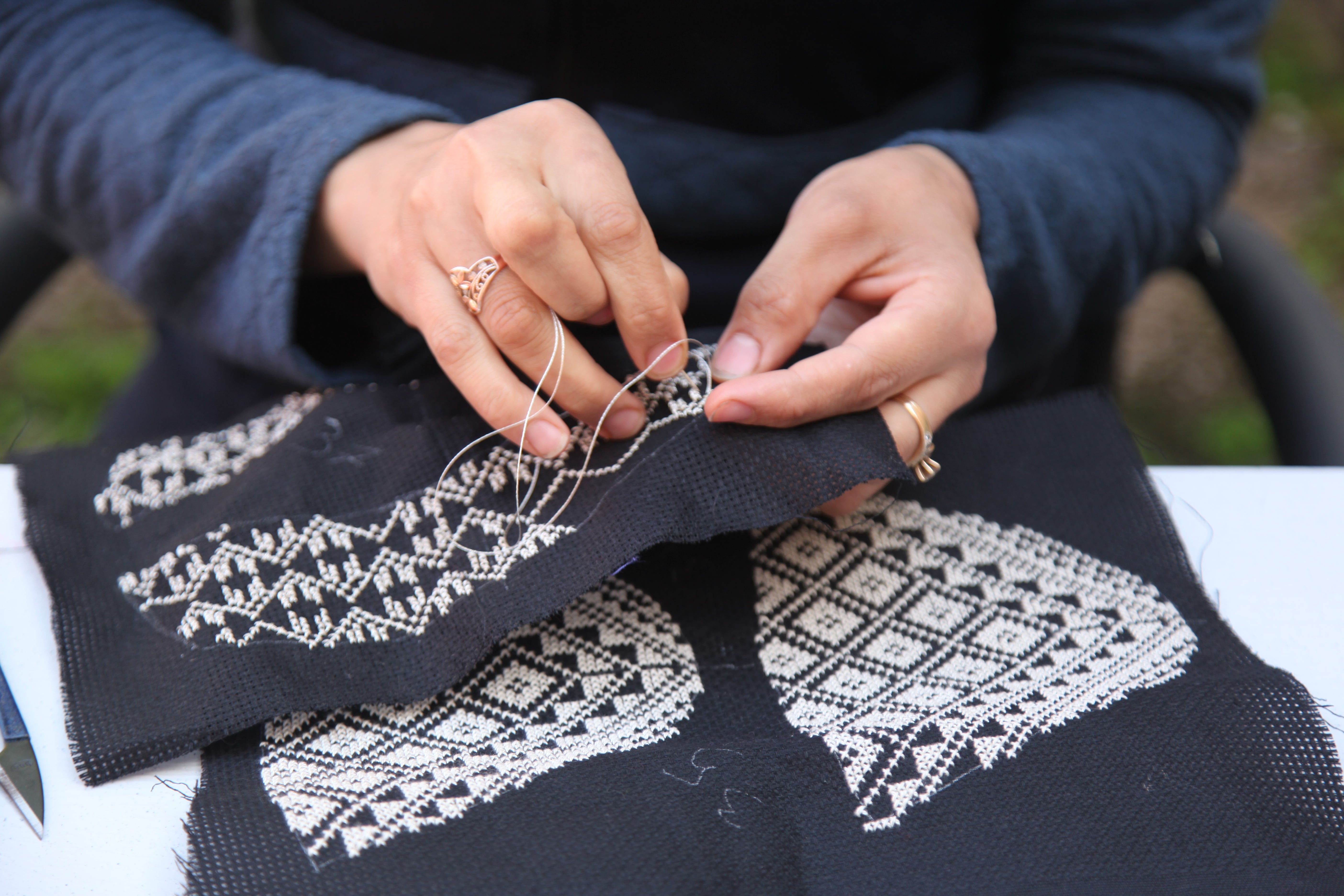
But despite the perilous journey, Hana is determined to keep the organisation’s work going.
“I am doing something that my great-grandparents did,” she said. “I teach my children how to do tatreez and I am going to carry this on.”
Speaking about the escalated aggression since October, Dr Janette Habashi, executive director of Darzah, said: “Their goal is to destroy the spirit of Palestine. Of course, we feel defeated. They took everything from us.
“This is the only way to give back to the community. You cannot sit while you know there is so much pain and suffering.”
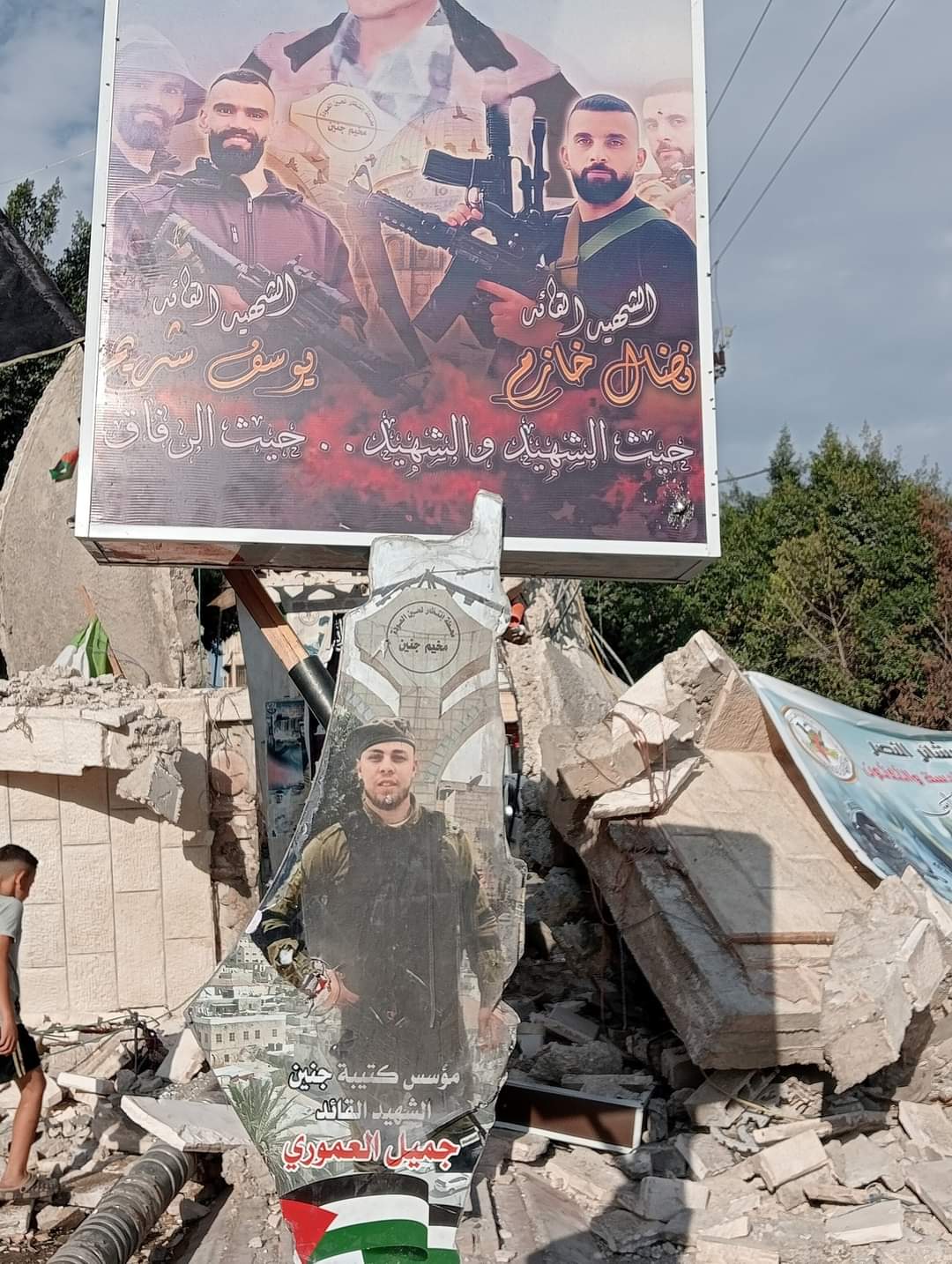
But Dr Habashi, who grew up in the old city of Jerusalem, confessed she is deeply worried for the safety of the women, particularly for Hana as she has to take public transportation to get supplies and deliver the fabric to them.
“The place is crazy, there is no safety. One of our artisan’s homes was destroyed in Jenin refugee camp.”
When asked what would happen if operations were forced to halt, Dr Habashi was overcome with emotion. “That would be a disaster,” she said.
“We resist. We always resist, but it does not mean we have to resist in weapons,” Hana said. “We are going to resist with our heritage. We are going to continue tatreez and we will stitch the names of Gaza and Jenin.”
Palestinians say that the Israeli army has razed their symbols to the ground during the conflict, including a shrine dedicated to Shireen Abu Akleh, the Palestinian journalist shot by Israeli soldiers in 2022.
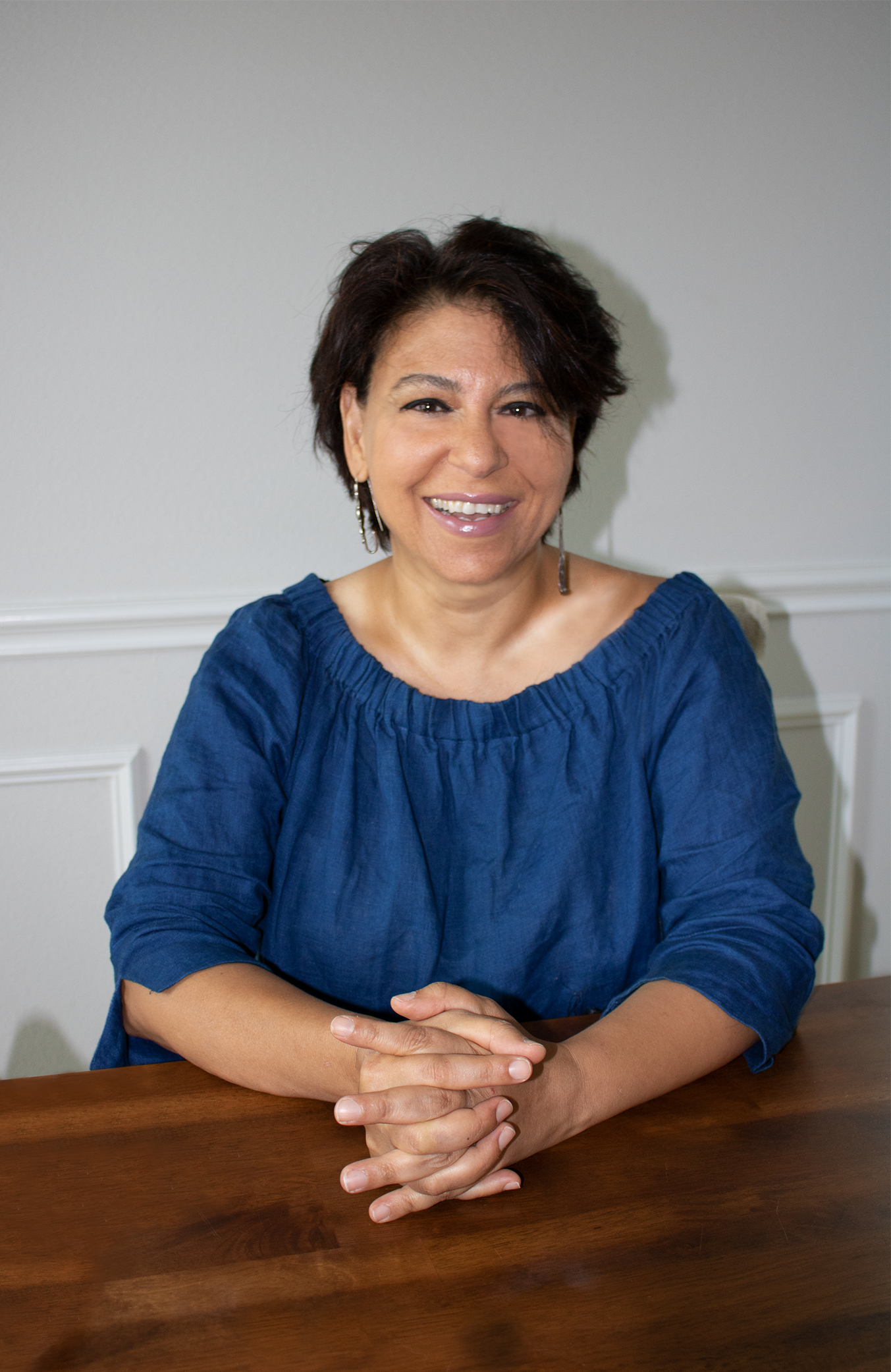
“It’s a war against identity,” Haneen Ibrahim, the director of the ministry of culture in Jenin, said. “They want to uproot and dismantle the Palestinian identity.”
Ms Ibrahim, whose brother was killed in March this year by Israeli troops, said her grief was softened with pride when she saw his photo displayed in the “Martyr’s Square” in Jenin. But the pain of his loss fell upon her again when the square was destroyed in the past month.
Throughout Jenin, rubble and scraps of metal are strewn across the floor where tall statues and monuments once stood.
The Jenin Horse, al-Hissan, was a popular sculpture built in 2003 after a deadly Israeli invasion into the city. The horse was made from parts of wrecked cars, metal from demolished houses, as well as a panel from an ambulance that was destroyed in a strike, killing the ambulance driver.
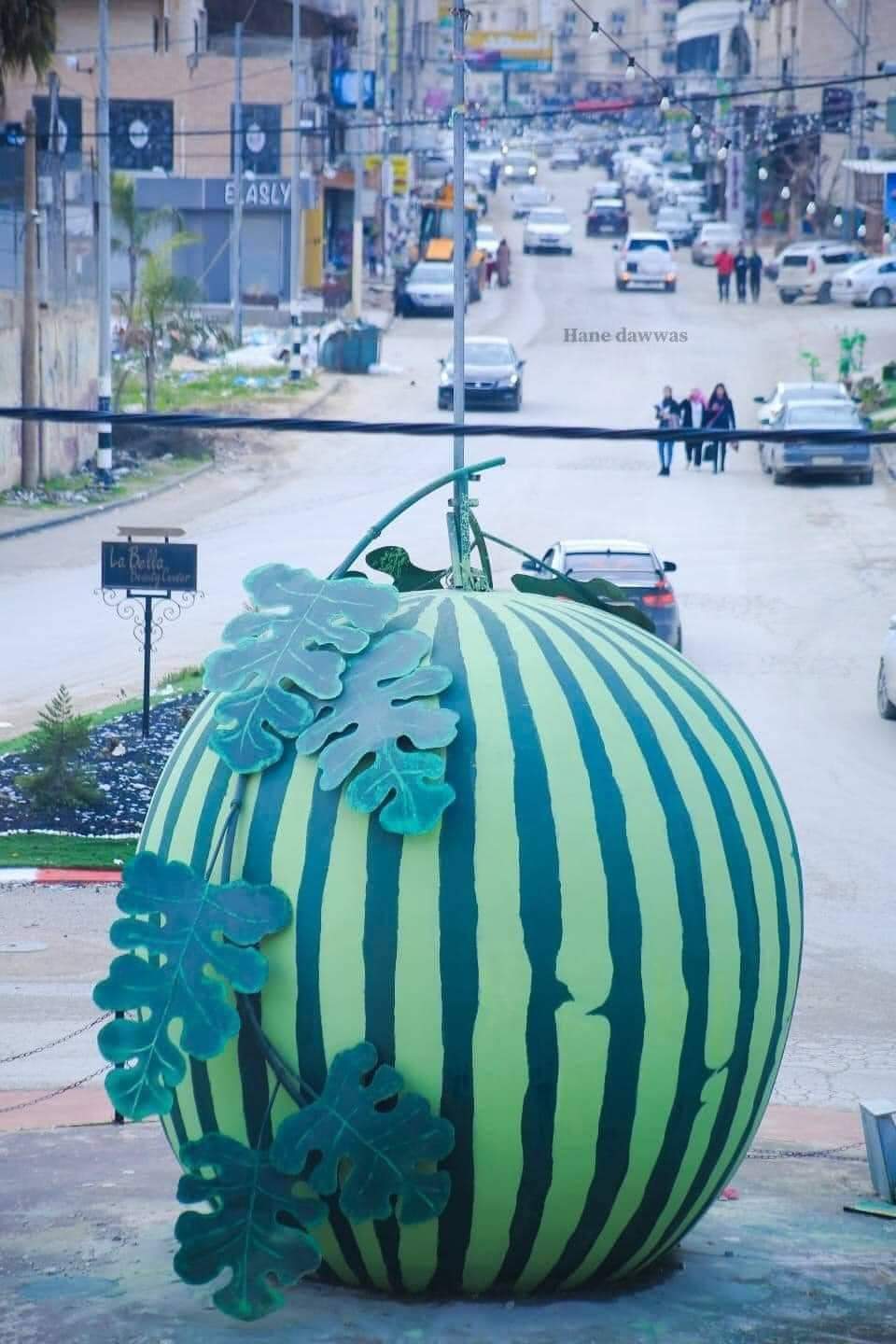
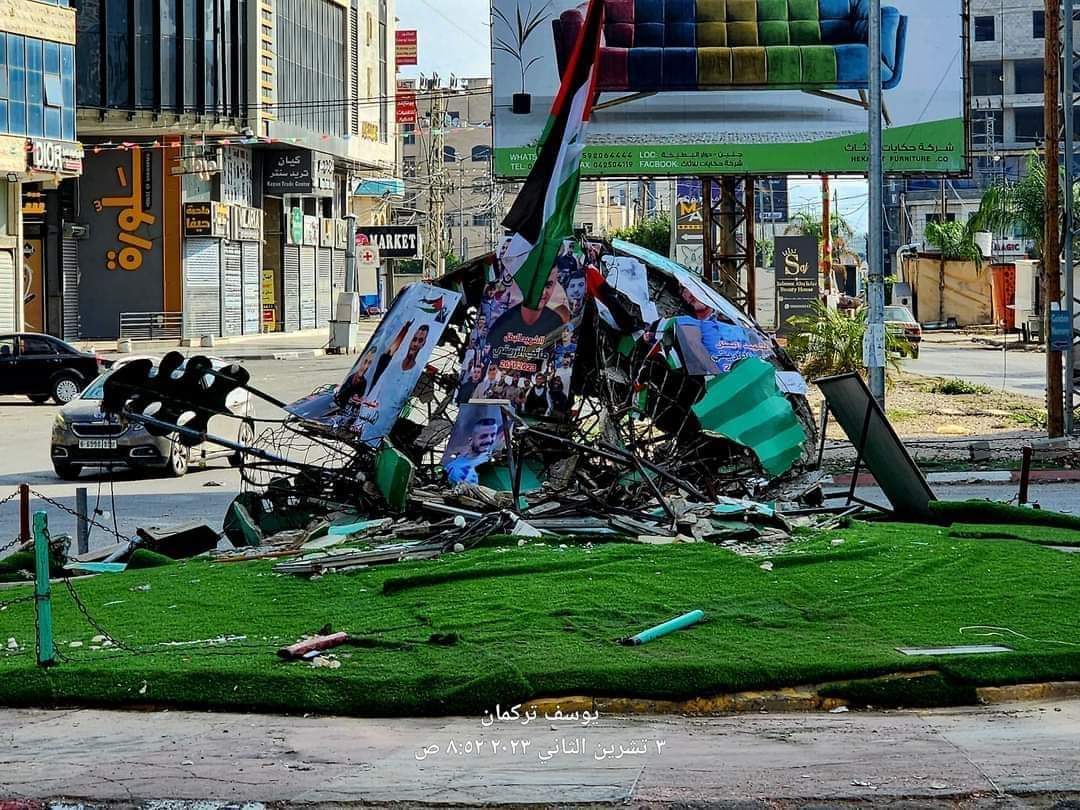
The horse stood near one of the main entrances to the Jenin refugee camp facing Haifa City, which represents “the dream of the refugees to return to their homeland” but locals say it was removed by Israeli troops on 29 October.
“This horse is like an eyewitness to what happened in that battle in 2002,” Ms Ibrahim said.
Wafaa Afeef Zakarni, director of the Women Union Committee in Jenin, said: “The Israel army targets, humans, trees and stones. Palestinian people have been under this occupation for 75 years.
“The psychological and economic suffering the women face is beyond imagination. When their husbands are in prison, or killed, or prevented from working in Palestine, the Palestinian women suffer.
“The world stood on its feet to condemn the war in Ukraine, but what about for us?”
But as their streets and monuments are being bulldozed, the first thing that Palestinians say is: “We will rebuild what they destroyed.”
Ms Ibrahim said: “They managed to destroy the stone, but not our spirit.”
Join our commenting forum
Join thought-provoking conversations, follow other Independent readers and see their replies
Comments